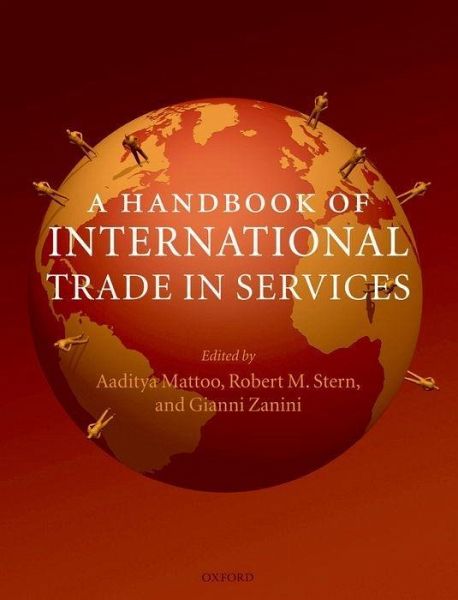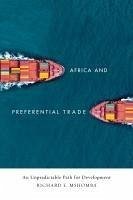Nicht lieferbar

A Handbook of International Trade in Services
Versandkostenfrei!
Nicht lieferbar
International trade and investment in services are an increasingly important part of global commerce. Advances in information and telecommunication technologies have expanded the scope of services that can be traded cross-border. Many countries now allow foreign investment in newly privatized and competitive markets for key infrastructure services, such as energy, telecommunications, and transport. More and more people are travelling abroad to consume tourism, education, and medical services, and to supply services ranging from construction to software development. In fact, services are the fastest growing components of the global economy, and trade and foreign direct investment (FDI) in services have grown faster than in goods over the past decade and a half. International transactions, however, continue to be impeded by policy barriers, especially to foreign investment and the movement of service-providing individuals. Developing countries in particular are likely to benefit significantly from further domestic liberalization and the elimination of barriers to their exports. In many instances, income gains from a reduction in protection to services may be far greater than from trade liberalization in goods. In light of the increasing importance of international trade in services and the inclusion of services issues on the agendas of the multilateral, regional and bilateral trade negotiations, there is an obvious need to understand the economic implications of services trade and liberalization. A Handbook of International Trade in Services provides a comprehensive introduction to the subject, making it an essential reference for trade officials, policy advisors, analysts, academics, and students. Beginning with an overview on the key issues in trade in services and discussion of the GATS, the book then looks at trade negotiations in the service sector, the barriers to trade in services, and concludes by looking at a number of specific service sectors, such as financial services, e-commerce, health services, and the temporary movement of workers.
A Handbook of International Trade in Services provides a comprehensive introduction to the key issues in trade and liberalization of services. Providing a useful overview of the players involved, the barriers to trade, and case studies in a number of service industries, this is a must have for policymakers and students interested in trade.









